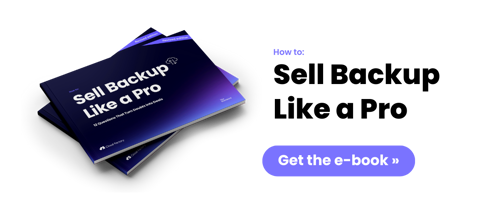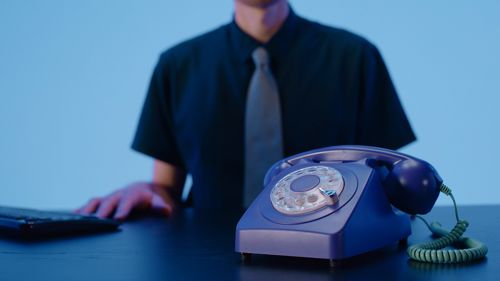Article
The Psychology of Selling Backup Like a Pro
Ever feel like your backup solution pitches are falling on deaf ears? Ignite instant attention and urgency with these 5 psychological triggers.
Our minds are like intricate mazes, relying on personal experiences, preferences, and mental shortcuts to navigate decisions. These mental shortcuts, known as cognitive biases, can be your secret weapon in closing the deal.
Want to sell backup like a pro?
Dive into these 5 ways to break through the status quo with a bit of psychology.



